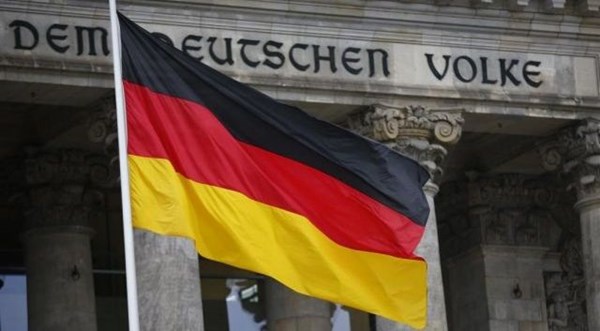German government faces backlash over decision to halt additional military aid to Ukraine
The German government's decision to limit aid to Ukraine to previously approved funding has come under heavy criticism from both opposition and ruling parties in Germany.
"Germany's traffic light coalition is engaging in Trump-style politics, halting further aid to Ukraine due to domestic squabbles. The difference is that for Germany, supporting Ukraine means financing our own security," wrote Norbert Röttgen, foreign policy expert for the opposition Christian Democratic Union (CDU), on Saturday, August 17, on platform X.
His party colleague, budget expert Ingo Gädechens, accused Chancellor Olaf Scholz and the ruling coalition of "unprecedented hypocrisy" towards Ukraine. On one hand, Scholz is repeatedly promising to "support Ukraine militarily as long as necessary," while on the other, tries to position himself as a "chancellor of peace." This contradiction has led to the current situation, according to the opposition politician.
The Green Party, a part of Germany's government coalition, also voiced criticism against plans to stop additional aid to Kyiv. "Ukraine clearly still needs our full solidarity and support. This requires the provision of all necessary financial resources," emphasized Britta Haßelmann, head of the Green Party's Bundestag faction.
Defense expert Kristian Klinck from the SPD, which is also part of the ruling coalition, urged not to sacrifice Ukraine to the "debt brake"—a set of measures in Germany designed to limit the increase in public debt. "Giving space for diplomacy is certainly right. But we must continue to provide Ukraine the means to stand in its defensive war. It is crucial to urgently deliver air defense systems to protect its civilian population," he told Der Spiegel.
Earlier, Frankfurter Allgemeine Sonntagszeitung (FAS) reported, citing in a letter from Finance Minister Christian Lindner to Defense Minister Boris Pistorius, that Berlin does not intend to provide any additional financial support to Kyiv in the near future. Due to austerity measures implemented by the Chancellor's Office and the Finance Ministry, current budget planning does not account for new allocations towards this cause, FAS noted, referring to the document. Nonetheless, previously approved aid will still be rendered.
Meanwhile, Berlin does not rule out additional aid to Kyiv altogether. Rather than continuous federal budget disbursements for military support, they plan to finance arms deliveries using frozen assets of the Russian Central Bank.
Chancellor Scholz and Finance Minister Lindner expect that these funds will allow Ukraine to cover a significant portion of its military needs, says FAS.
Due to Russia's full-scale war against Ukraine, around $300 billion of the Russian Central Bank's assets have been frozen globally. However, it remains legally unresolved whether interest generated from these funds can be used to finance arms supplies.
Just recently, on August 15, Germany had announced a significant military aid package for Ukraine. [This support, which is to be delivered through the end of 2024, includes two IRIS-T SLM air defense batteries, two shorter-range IRIS-T SLS batteries, and 10 self-propelled Gepard units equipped with 35-mm cannons.
Moreover, Rheinmetall was planning to send the first Lynx infantry fighting vehicle to Ukraine by the end of this year. This IFVs are aimed to be manufactured at a Ukrainian plant.
